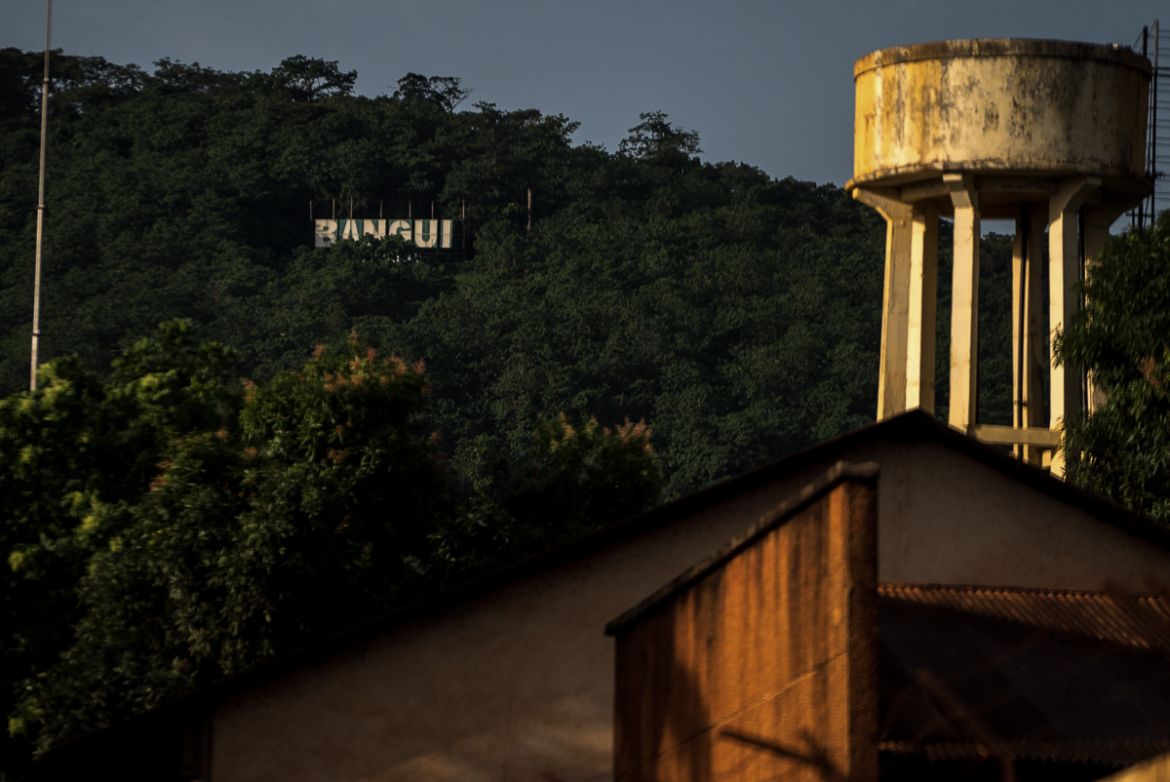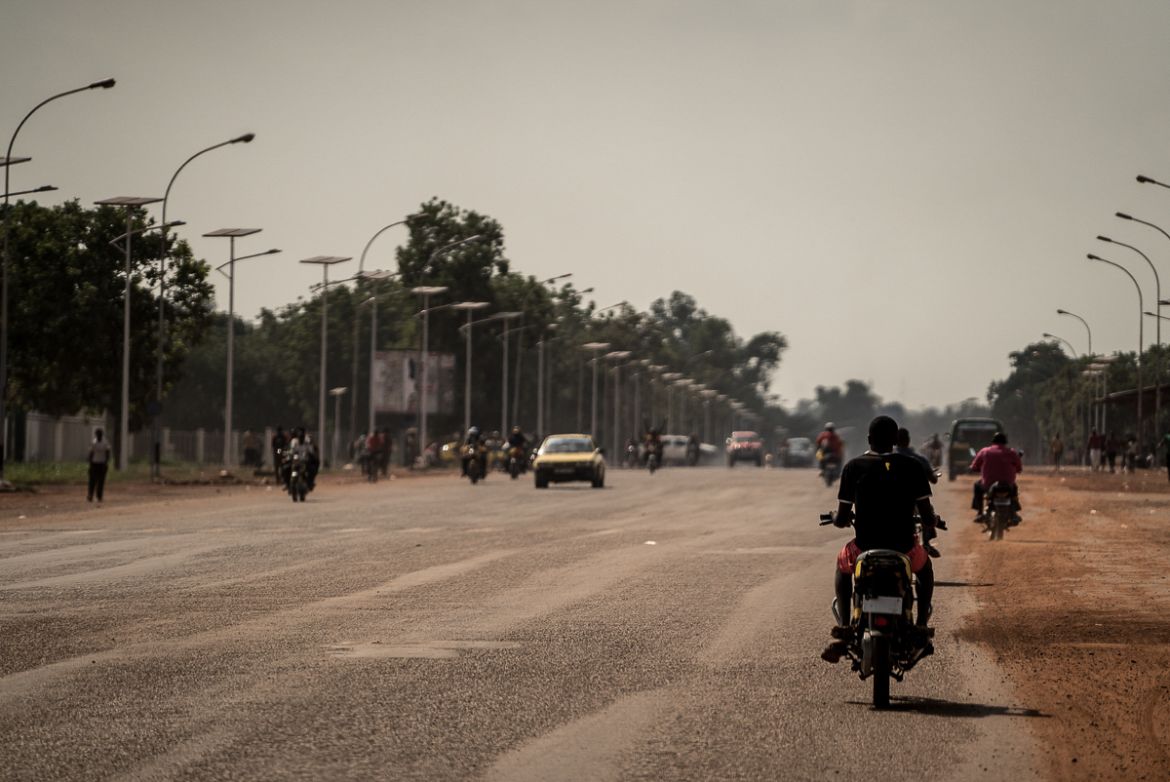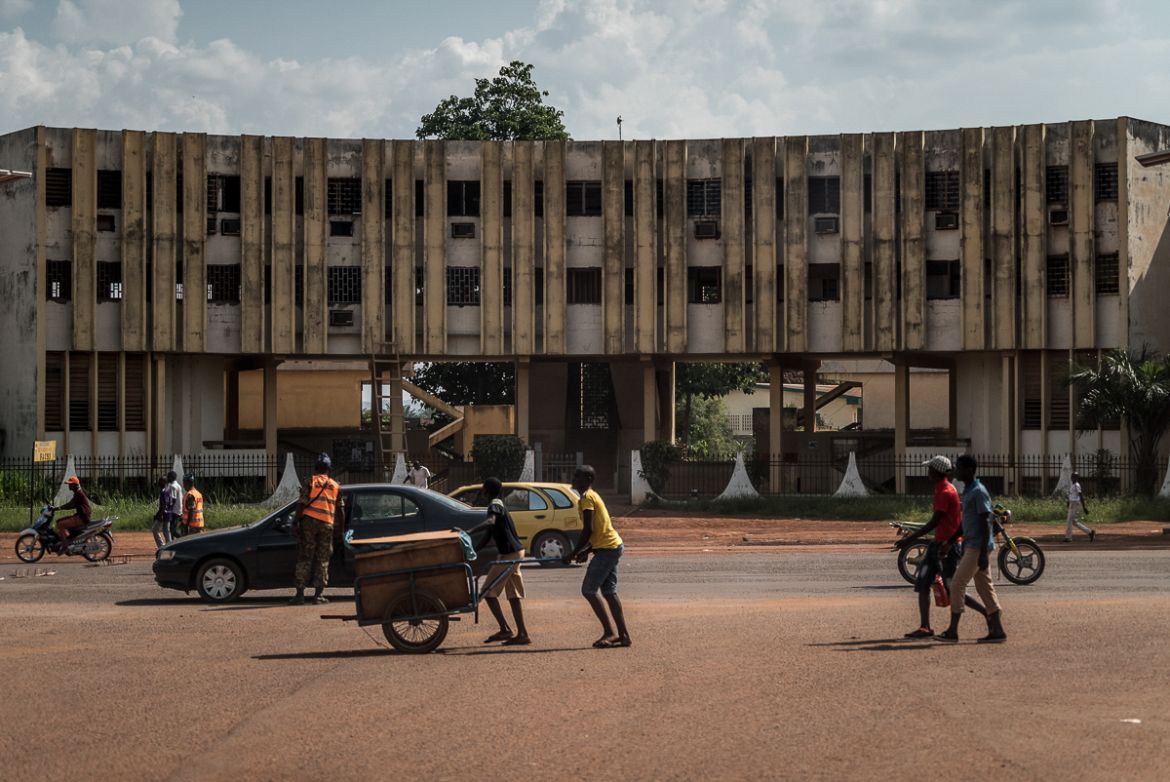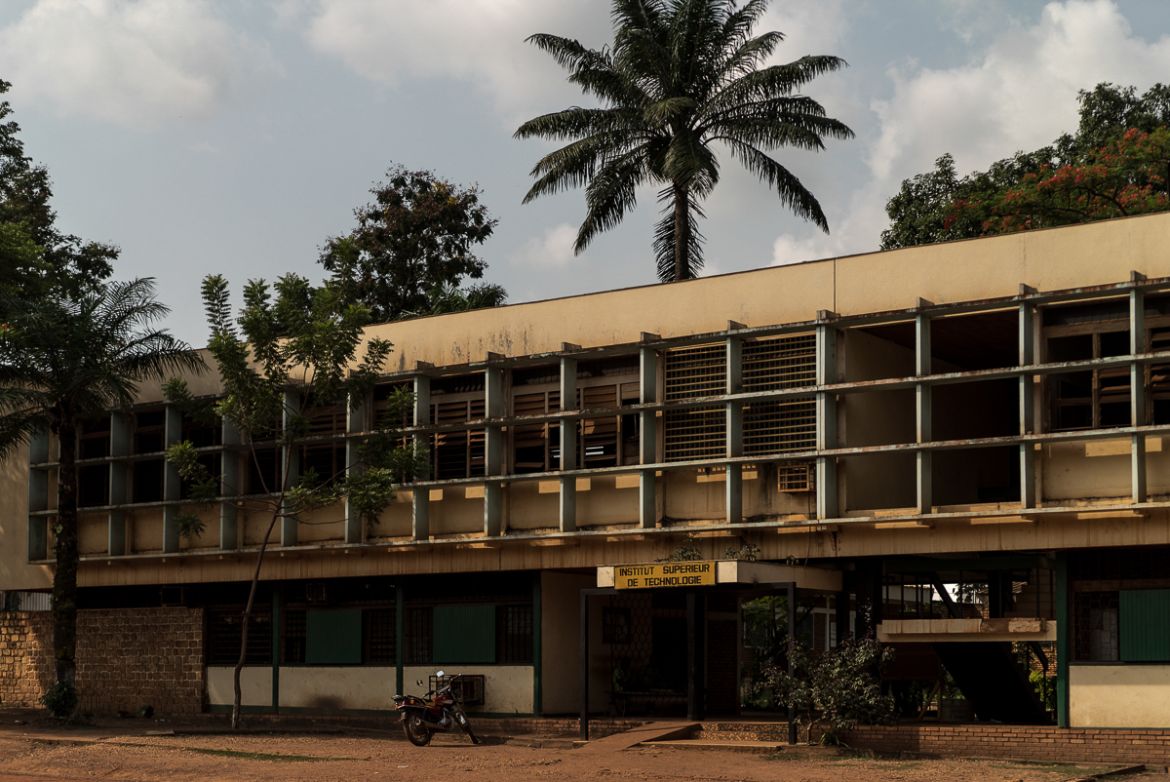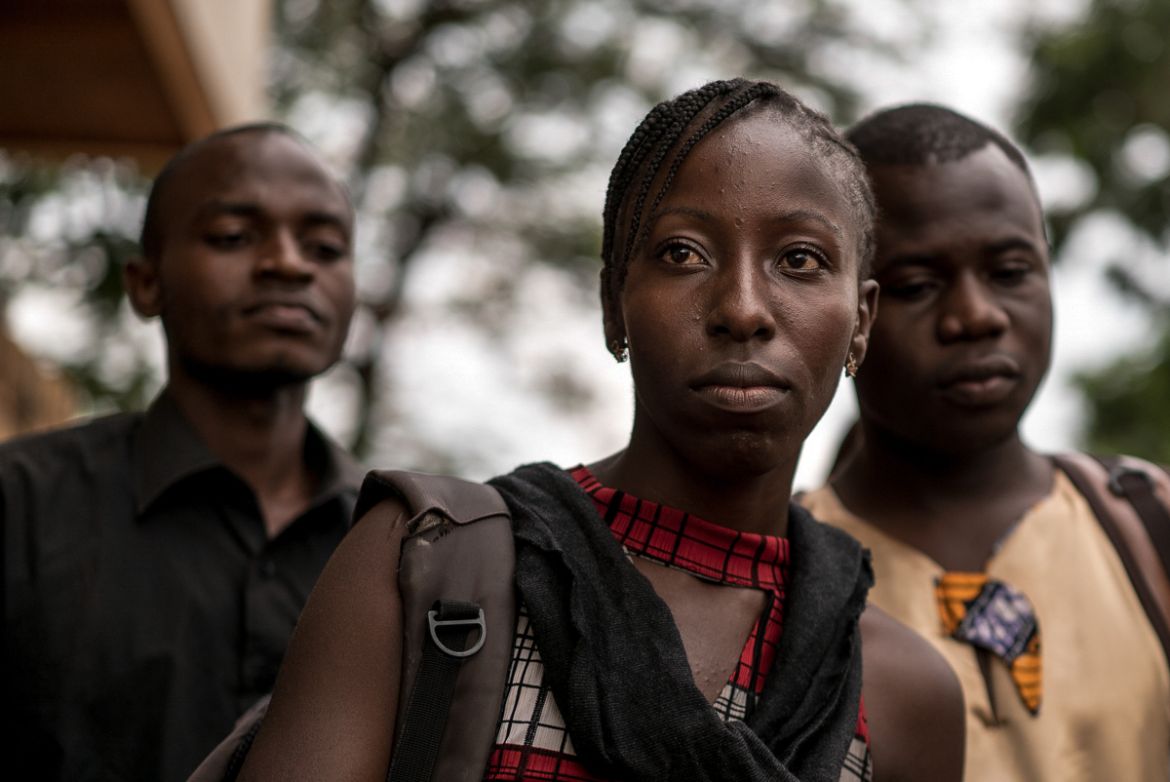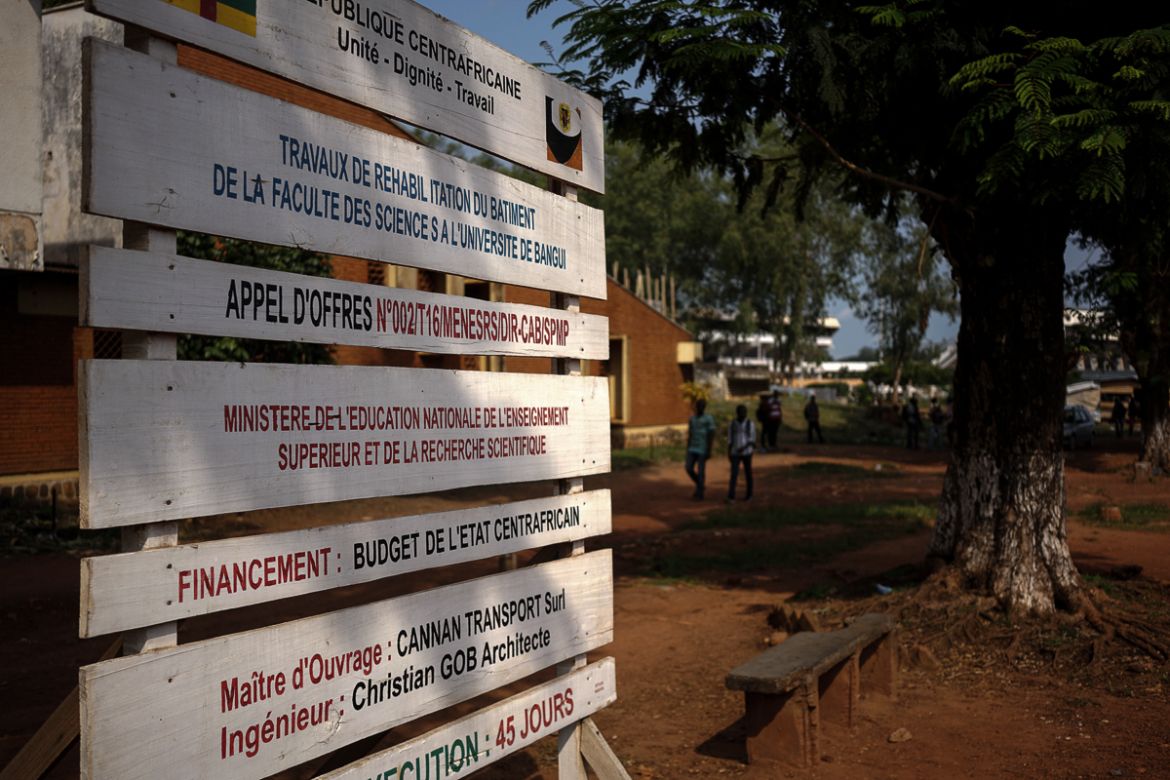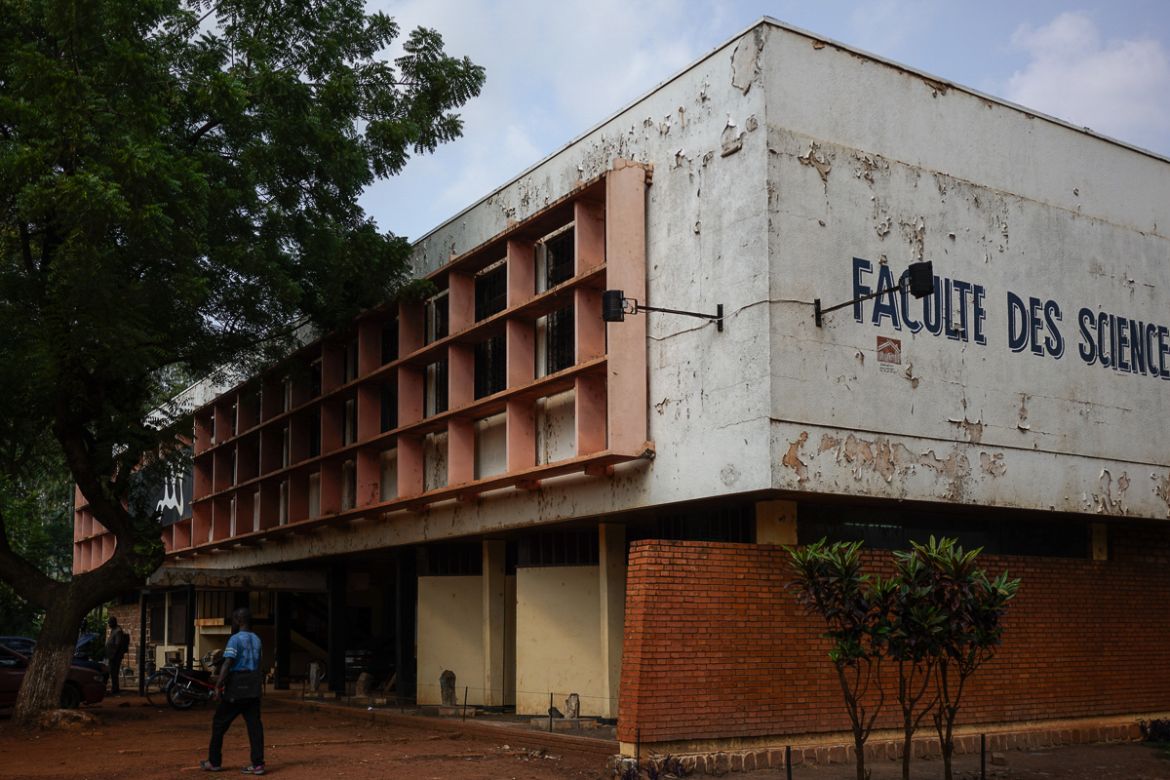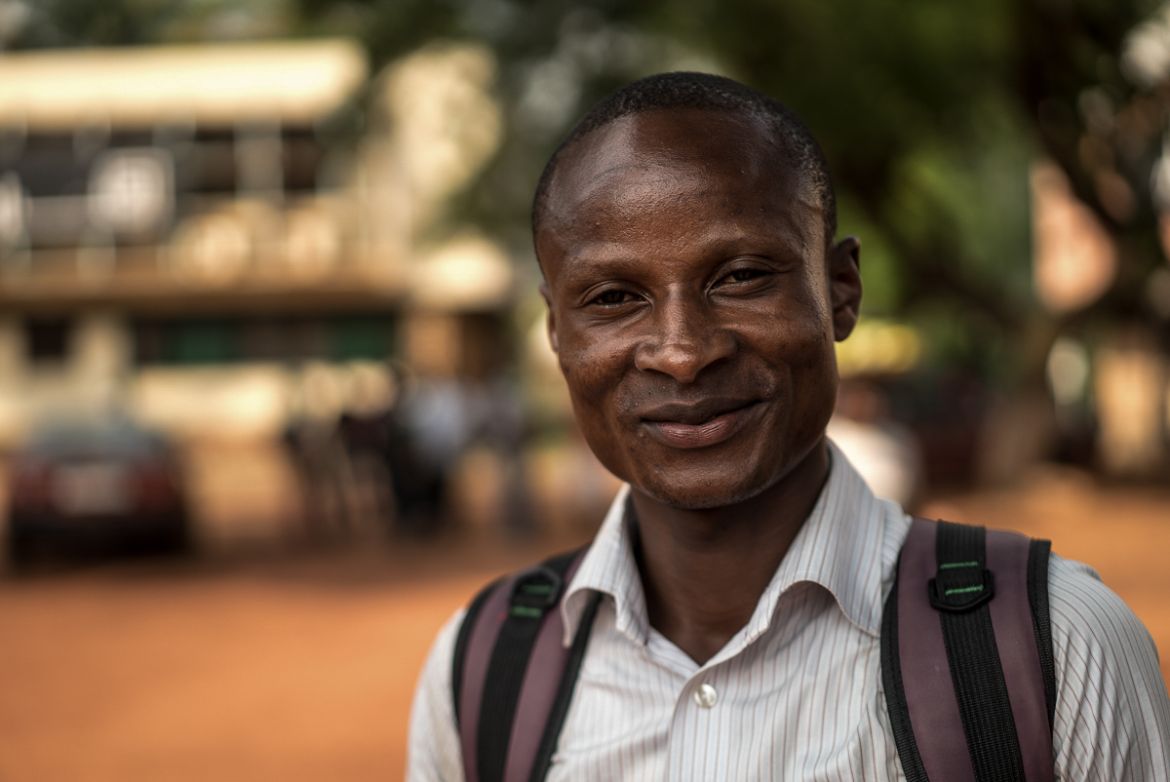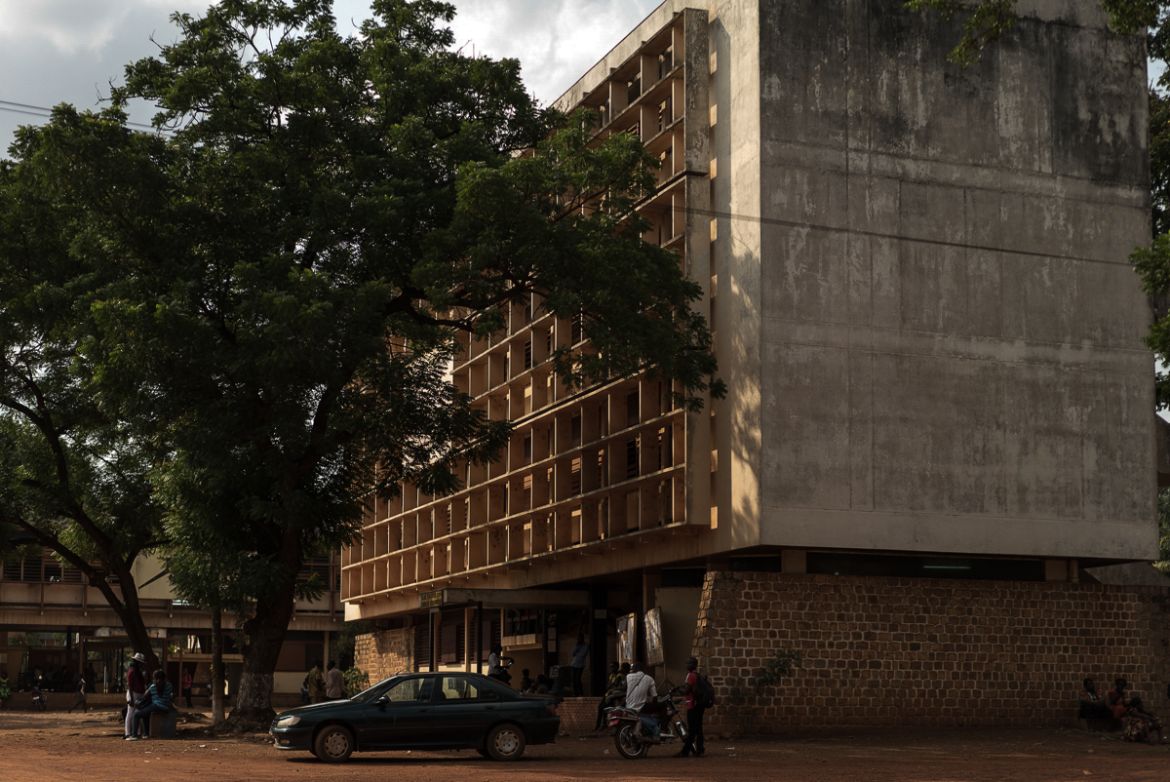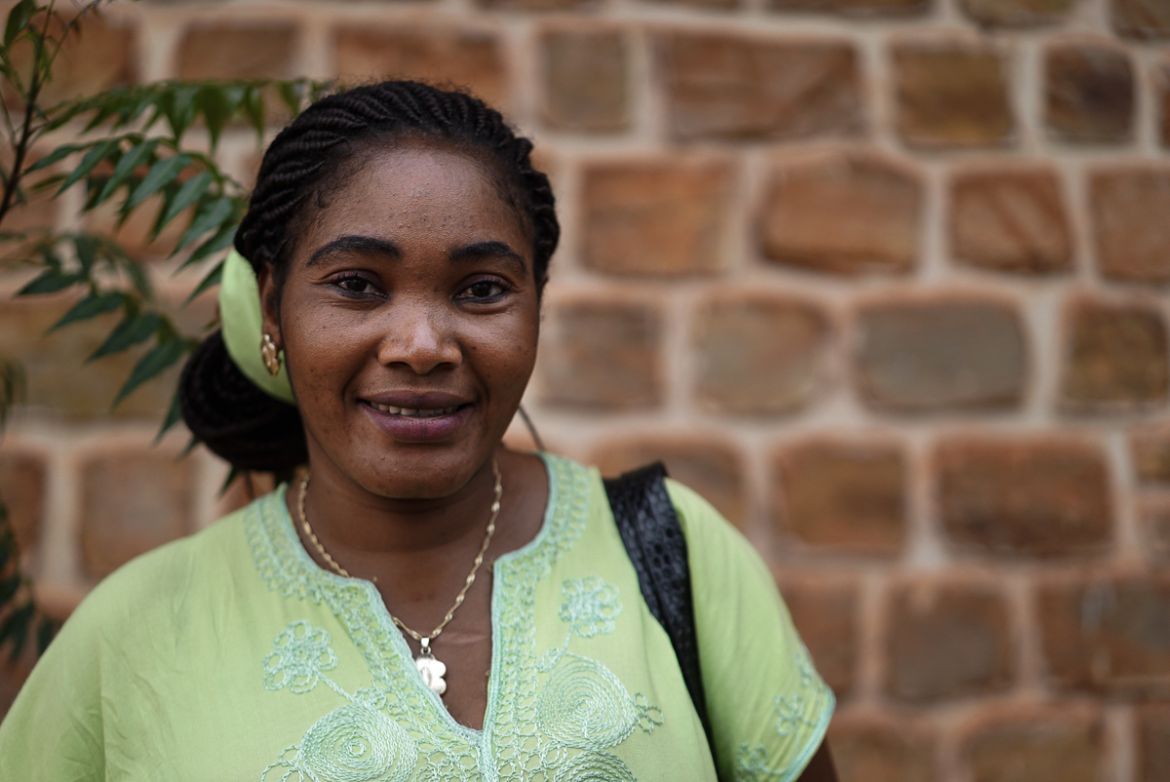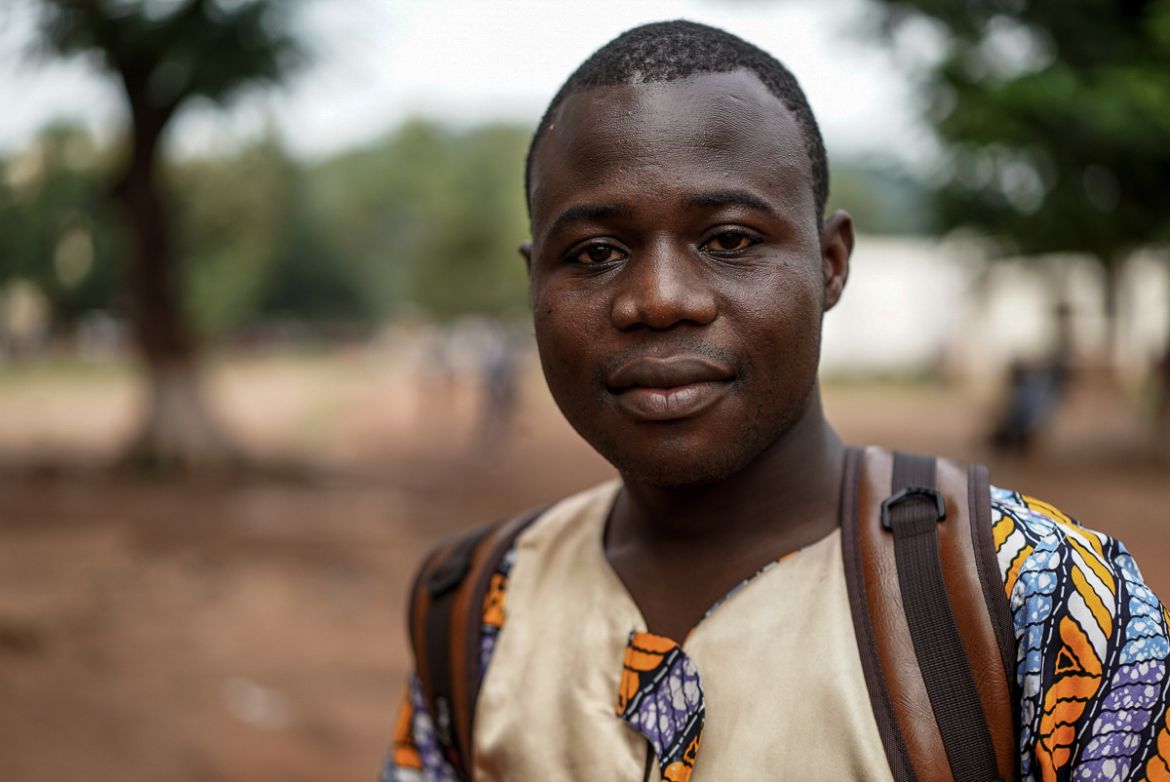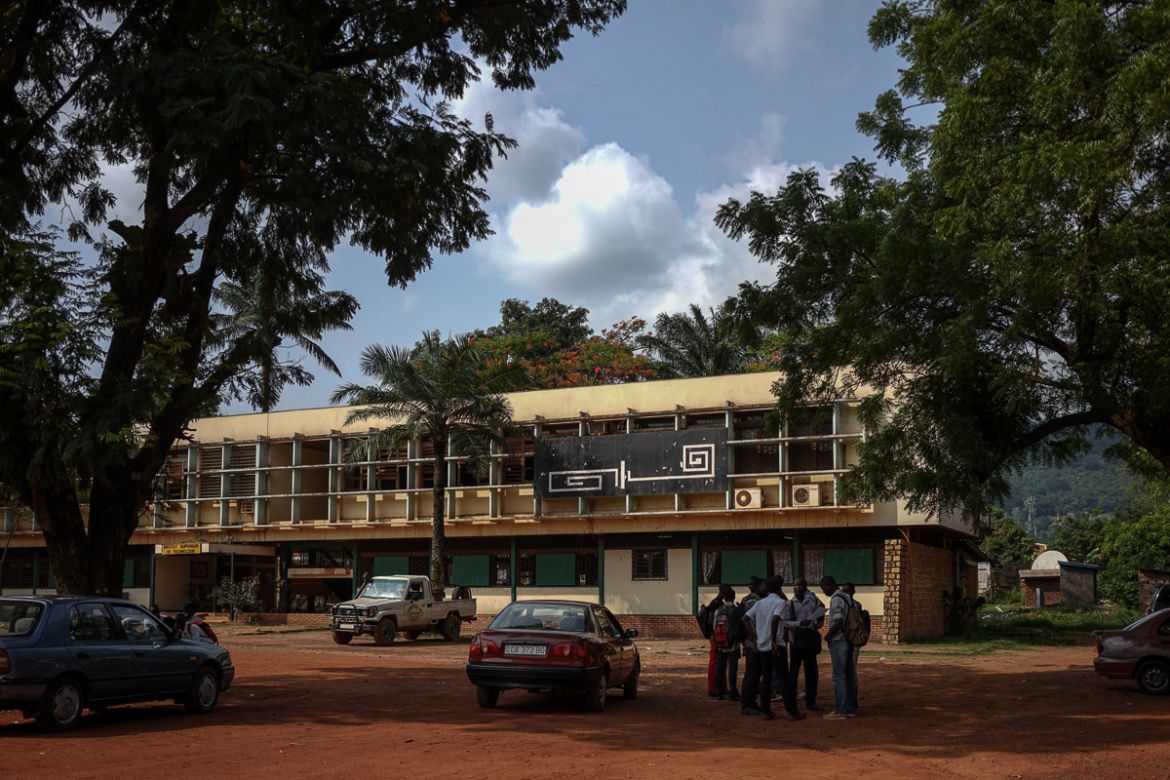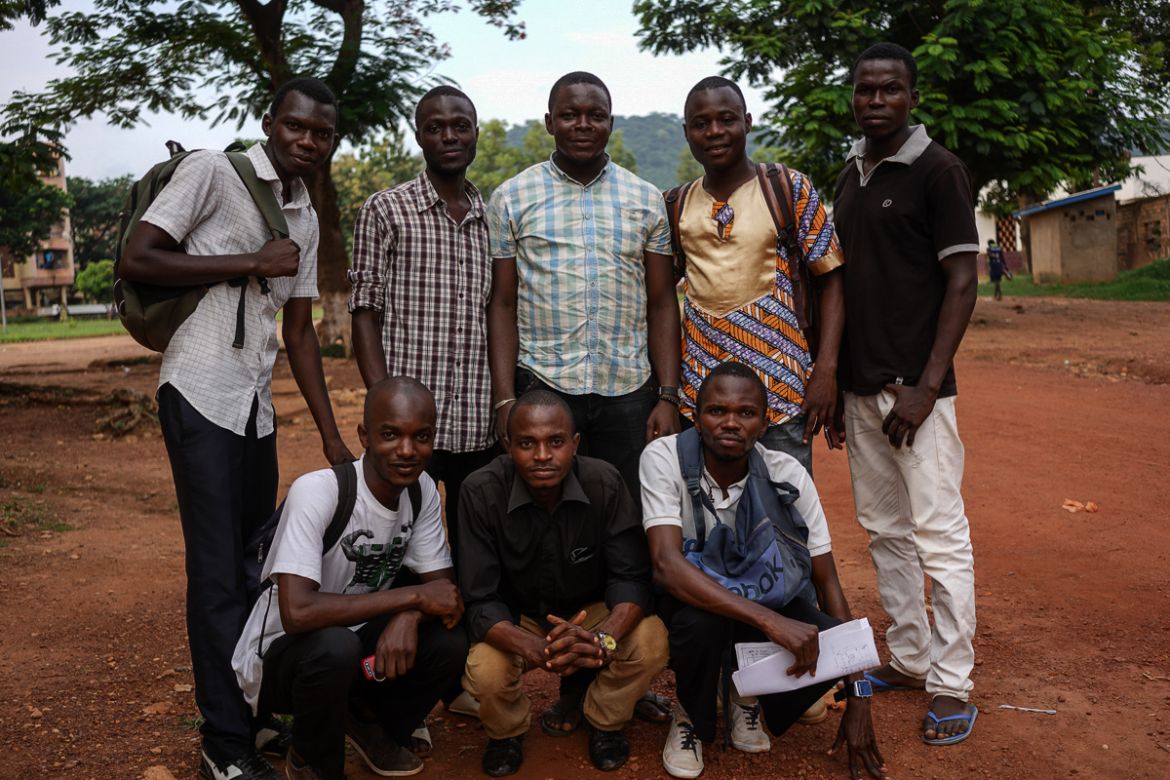In Pictures
CAR: ‘To live and study in Bangui is a type of torture’
Years of conflict have devastated CAR’s educational facilities, severely impacting prospects for the country’s youth.
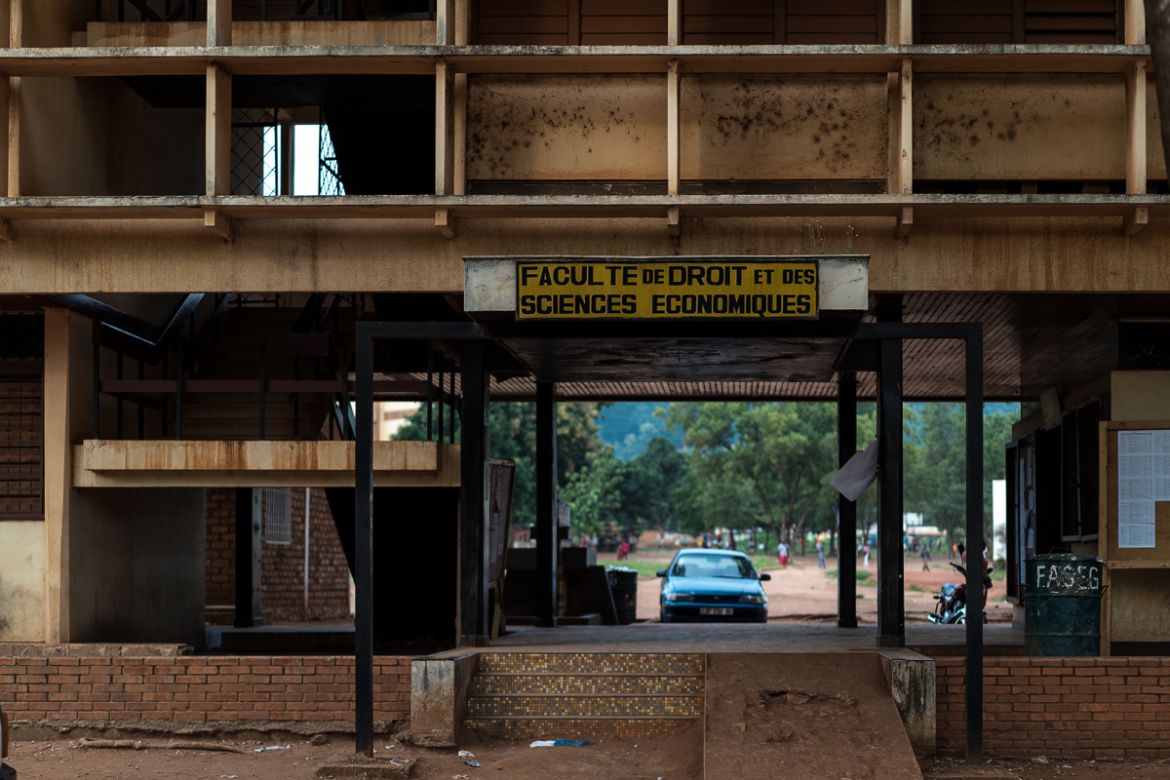
Bangui, Central African Republic – Ngai Pacome, dressed in a colourful purple shirt with a backpack slung across his shoulders, keeps a smile on his face, even while describing his country’s plight.
“In some parts of the country, the situation is sad and deplorable,” says the 23-year-old Master’s students at the University of Bangui in the Central African Republic (CAR).
“There is simply no economic activity because of the ongoing violence. It makes me so anxious, and all students here are worried about their future,” Pacome tells Al Jazeera.
And it’s not hard to understand why. CAR has for years tethered precariously close to anarchy, ever since armed rebels known as the Seleka removed President Francois Bozize in a coup in March 2013. The bloody takeover resulted in grotesque acts of violence, including reprisal attacks, ethnic cleansing and mass displacements.
Elections in 2016 have offered little consolation for the violence that haunted much of the country since 2013. The new government of CAR wields little or no power outside the capital, Bangui. Militia groups run up to 80 percent of the countryside, collecting taxes and running parallel administrations to the national government.
One of the biggest casualties of the conflict has been education, and the impact on the country’s youth has been enormous.
At least 75 percent of the country’s population is younger than 35 years old. Youth unemployment is estimated to be around 12.5 percent, leaving tens of thousands vulnerable as armed groups keep operating across the country.
Similar to countries such as Malawi, Chad and Niger, CAR’s enrolment rate in higher education is less than two percent. In sharp contrast, the global average is 26 percent.
Even for the small minority of young Central Africans who are lucky enough to make it to university, the intermittent fighting and ongoing crisis, in addition to a shortage of teachers, mean classes are often postponed or cancelled.
Some students say it can take twice as long to attain a degree compared with institutions elsewhere.
“I want to finish my Masters in Law, but we don’t have any teachers qualified enough for this level,” Fiacre Bebenissingo, 28, says. “So I have to just wait.”
Given that Bangui itself struggles with electricity and water shortages, the university is not exempt from these hassles. Notwithstanding a lack of facilities and resources, most classroom windows at the Department of Technology are broken. The walls are chipped, and paint is peeling off most buildings. Hollow air conditioner shells litter the upper floors.
“Studying here is like a type of torture,” Benicia Toina, 18, says.
“The conditions are pushing young people to try and leave,” Toina adds.
Even before the conflict, education levels were low in the country. But since 2013, the possibilities of receiving an education have only deteriorated.
According to UNICEF, one-third of children in the CAR are missing out on an education.
In towns and villages outside the capital, rebel leaders have taken over schools. Human Rights Watch says that even peacekeepers have used school buildings as bases or barracks, or based their forces near school grounds.
But despite the country’s many problems, including its immense educational crisis, Pacome says he won’t leave.
“What you need to understand, this is still home,” he says.
“If I leave to study elsewhere, I would have to come back, to come fix this place.”
